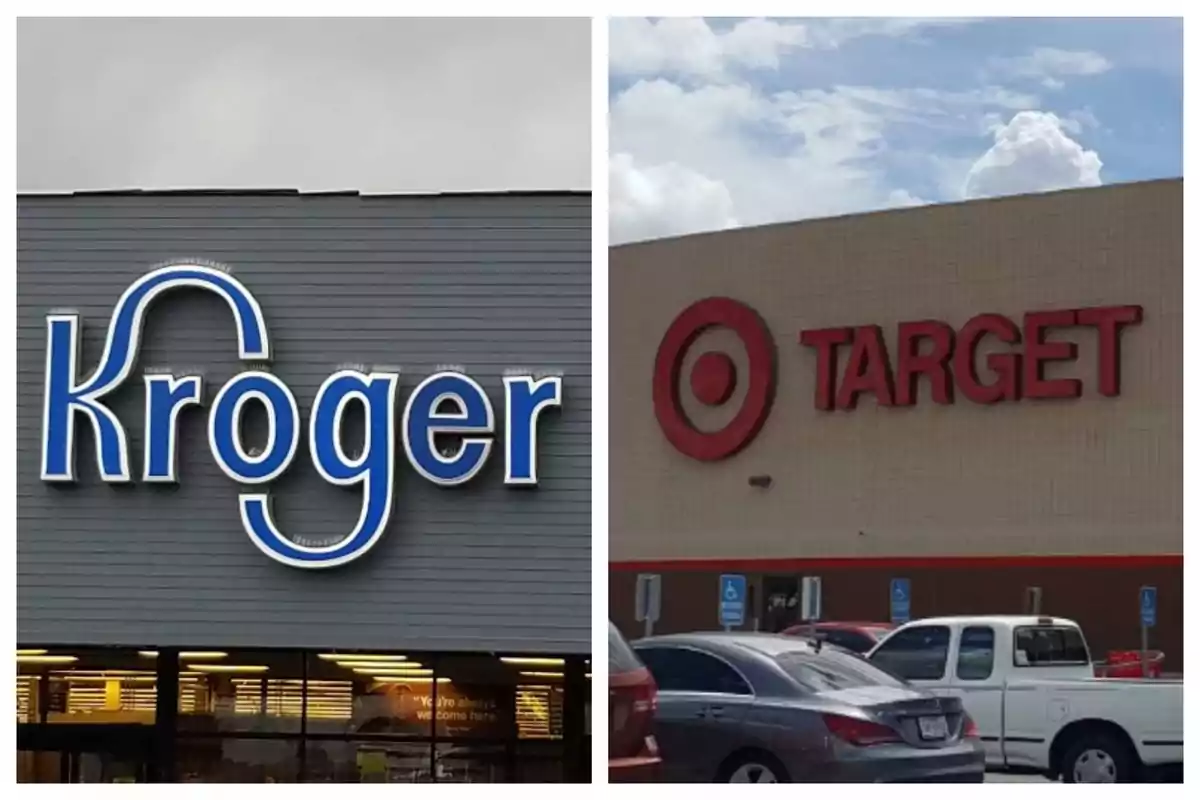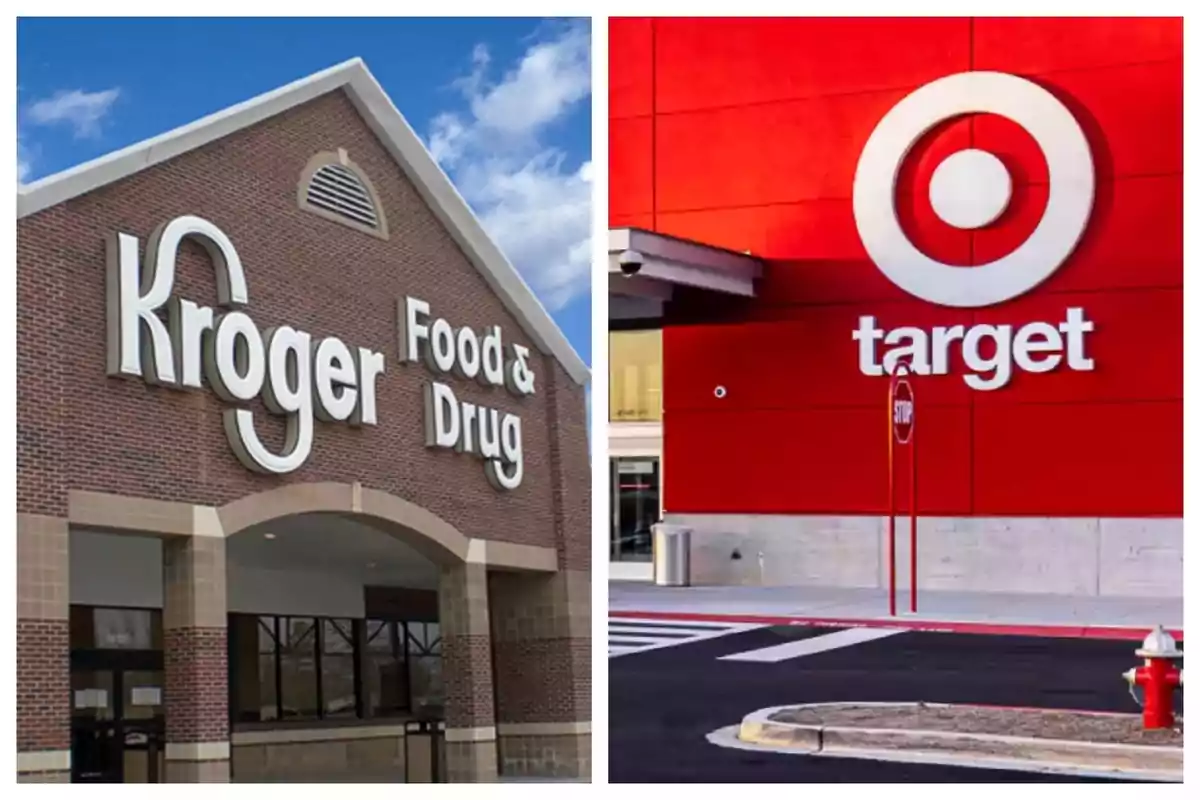
Target and Kroger say enough in the U.S. and follow Walmart's lead
Target and Kroger join Walmart in warning about boycotts and tensions
Large companies in the United States are facing a new challenge: the rise of boycotts by their own customers. Target and Kroger are joining Walmart in warning about this phenomenon that is affecting their image and their businesses.
These companies have included a clear message for investors in their recent regulatory reports. They warn about the risks of being the next target of angry consumers. The controversy centers on their diversity, equity, and inclusion (DEI) policies and their environmental, social, and governance (ESG) commitments.

Previously, companies used to warn about economic crises or natural disasters. Now, political division on social and environmental issues has brought new risks. Social media amplify reactions, both for and against.
Kristen Jaconi, director of the Peter Arkley Institute of Risk Management at the University of Southern California, points out: "Companies are facing a no-win situation." She explains that consumers may feel dissatisfied if a company takes a stance or if they don't.
In particular, initiatives on LGBTQ+ rights and DEI programs have caused strong backlash in certain sectors. Brands like Bud Light, Tesla, and Target have already suffered boycotts that hurt their sales and reputation.
During the Trump administration, the government threatened to investigate DEI programs considered "illegal." There were also lawsuits from conservative groups and activist campaigns on social media against these policies.
Matteo Tonello, director of benchmarking and analysis at The Conference Board, made it clear: "The heated debate about DEI and climate, in particular, has driven the inclusion of that data in recent months."

Walmart, in its March report, acknowledges that its stances are under intense scrutiny. The company warns that this may lead to boycotts, negative publicity, litigation, and reputational damage.
Target, Like Kroger and Walmart
Target also spoke clearly in its annual report. It says that expectations about its ESG and DEI policies are varied and often contradictory. "In the past, we haven't been able to meet some of those contradictory expectations, which has caused negative publicity and has negatively affected our reputation," it states.
The company suffered a boycott during Pride Month 2023, when it sold LGBTQ+-themed products. Sales dropped and it received legal claims from Republican groups. Later, after canceling some diversity programs, it also faced negative reactions from customers and shareholders.
Target warns that future changes in its policies could provoke new criticism and possible regulatory investigations. However, it assures that its initiatives comply with the law.
Kroger, meanwhile, warns that sustainability goals may become increasingly controversial. The company says that changes in government and in investor perception could make it harder to achieve these goals.
PVH Corp., owner of brands like Calvin Klein and Tommy Hilfiger, warns about possible negative responses from the government or boycotts that could hurt its image.
Lawrence Glickman, historian at Cornell University and expert in consumer activism, explains that many companies already expect these boycotts. "Often, boycotts take companies by surprise," he says, "but their recent success is forcing companies to worry."
More posts: